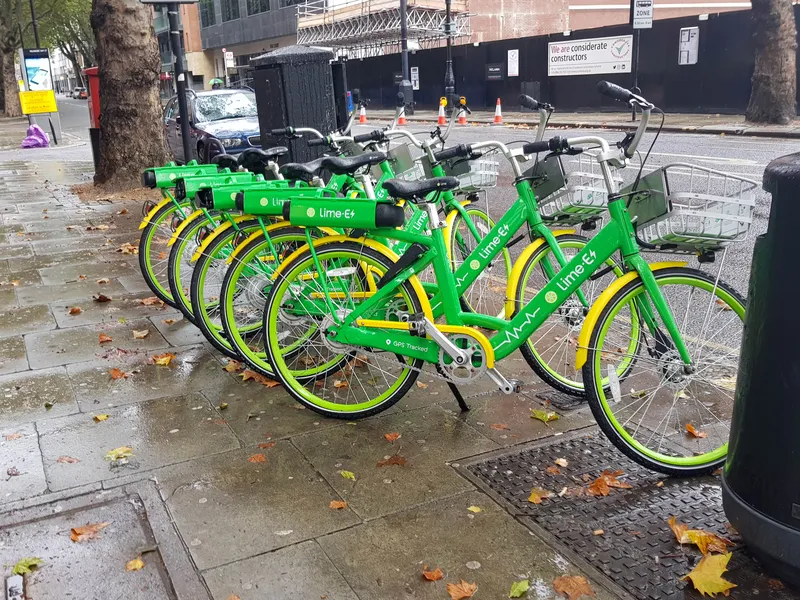Zipcar, the leading car sharing network, has announced a pilot in San Francisco that includes full size cargo vans through a new offering called Zipvan. The vans will allow consumers to transport items too bulky for cars or pickup trucks, and give small businesses a new and more affordable option for transporting goods.
March 26, 2012
Read time: 2 mins
By early next month, a total of 15 Ford E-150 cargo vans vehicles will be located throughout San Francisco and Oakland. The vans can be reserved by Zipcar members for hourly or daily use with rates starting from $14.75 per hour and $99 per day, which include gas, insurance, parking, roadside assistance and up to 180 miles of driving per day. Access to the vans is self-serve, so members won't experience the hassles of long lines, paperwork and additional charges associated with traditional van rental.
Zipcar has seen strong utilisation of its cargo van service in London, which has been operating for more than three years as Streetvan (part of Streetcar, a company Zipcar acquired in 2010). During this short-term pilot programme in San Francisco, Zipcar will analyse the performance of Zipvan and member feedback on the programme. Based on these results, the company says it may launch the service in select US and Canadian markets during 2012.









